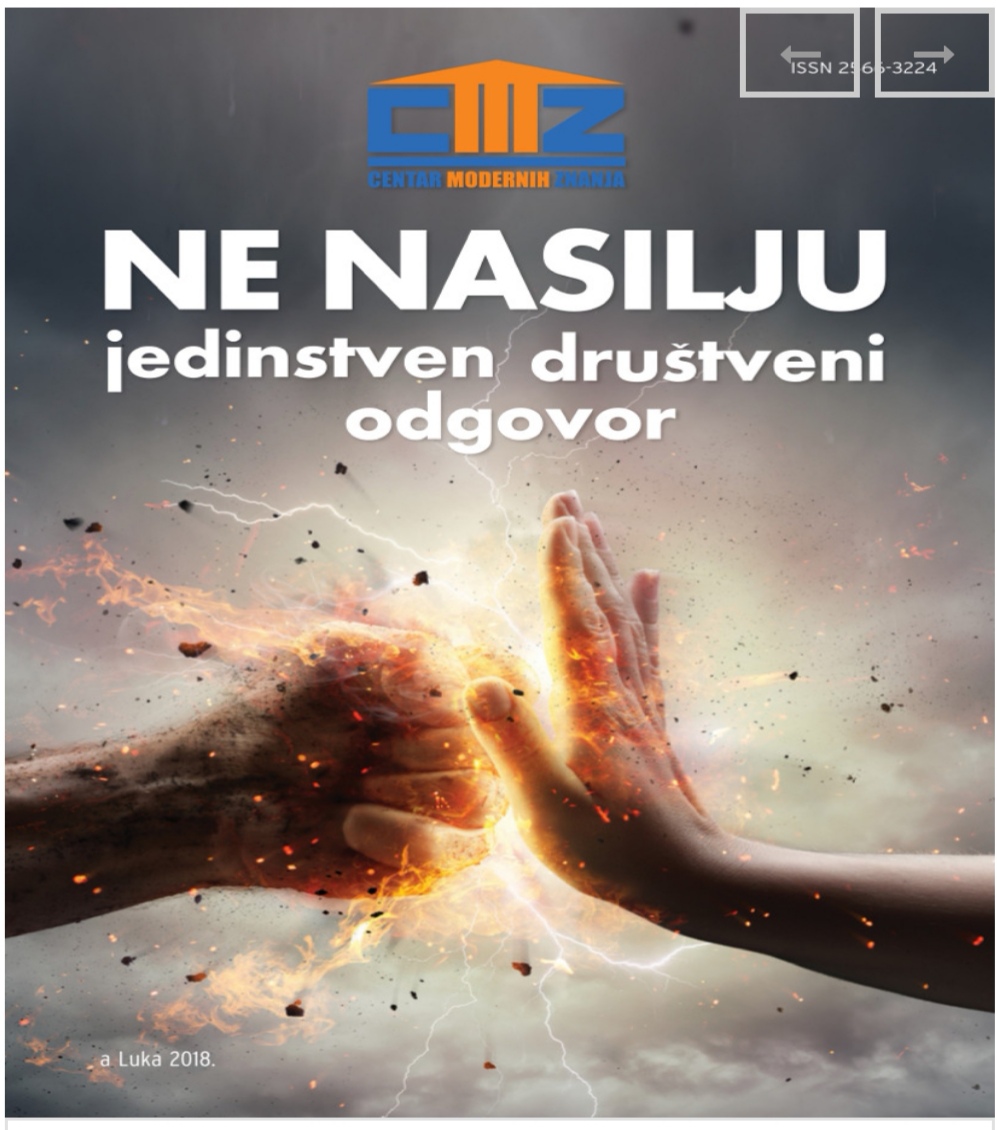KOMPETENCIJE I STAVOVI ODGAJATELJA O PSIHIČKOM ZLOSTAVLJANJU DJECE
COMPETENCES AND ATTITUDES OF EDUCATORS ON CHILD PSYCHICAL ABUSED
Author(s): Esmeralda Sunko, Marina KaralićSubject(s): Social Sciences, Sociology, Criminology, Studies in violence and power, Victimology
Published by: CENTAR MODERNIH ZNANJA
Keywords: competences; forms of abuse; recognition; prevention:
Summary/Abstract: Psychic abuse is the most difficult form of violence, and there is a code in all other types of abuse. In many forms, it limits itself to neglect, and occurs independently. It is difficult to recognize it because it does not leave material evidence The key role in preventing violence outside the family house is to have educators in kindergartens. Questions of their attitudes, competence in recognizing psychological abused children and taking actions to ensure the health of children and reducing possible harm are the goals of the research presented in the paper. The research was conducted in the kindergartens of the city of Split, where 30 educators participated. The results of this research show that educators are extremely well aware of forms of psychological abuse, but a large number of educators estimate that they are not sufficiently competent to recognize psychological abuse. Less of education and continuous improvement of educators as well as professional nursing services results in the failure to report suspicious or recognized cases of psychological abuse. The conducted research suggests the importance of lifelong education and training that enables educators to be informed about the obligation to report forms of suspicion, reporting protocols, and feedback on the case. Work experience, age, sense of personal competence, and abuse reporting showed little correlation with attitudes that describe four formed variables.
Journal: DRUŠTVENE DEVIJACIJE
- Issue Year: III/2018
- Issue No: 3
- Page Range: 66-75
- Page Count: 10
- Language: Bosnian, Croatian

